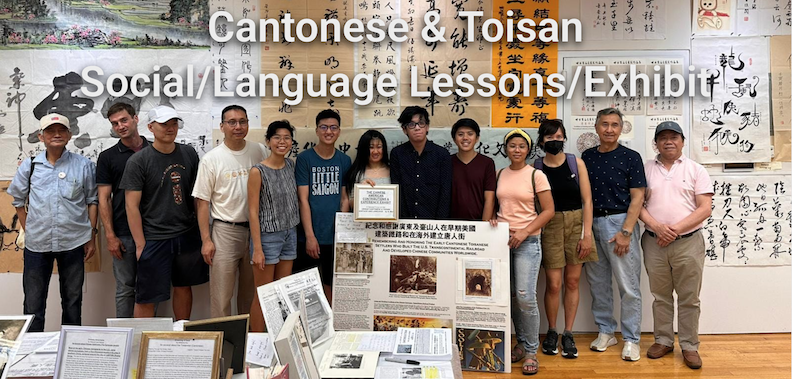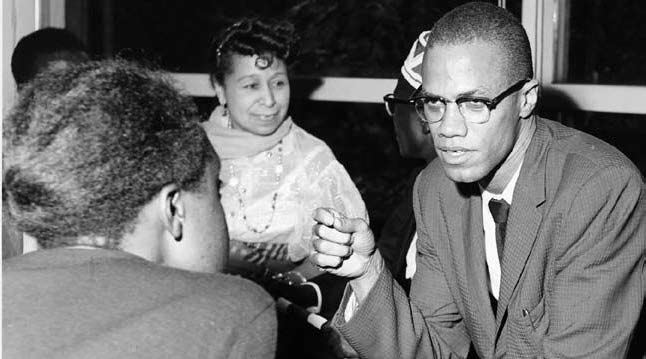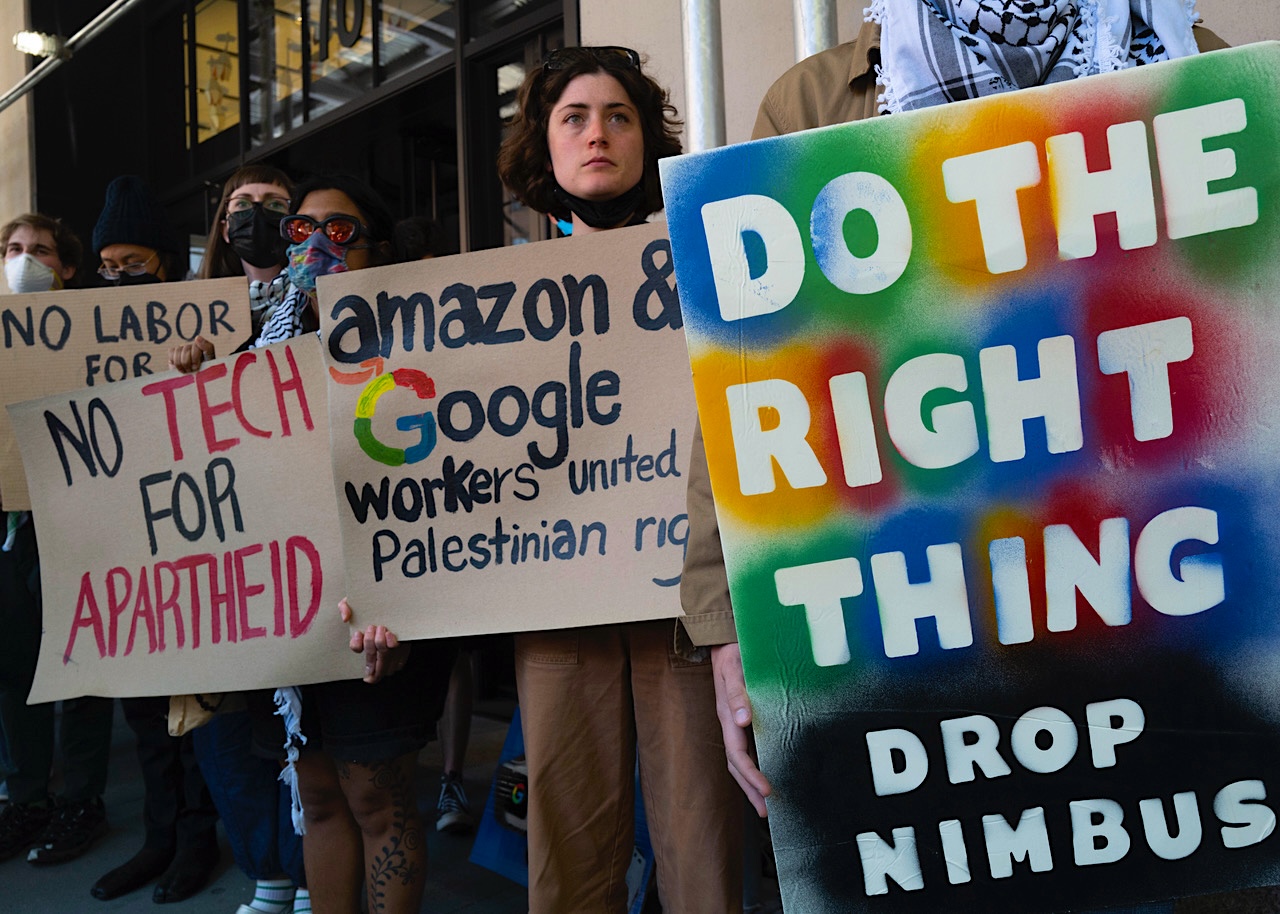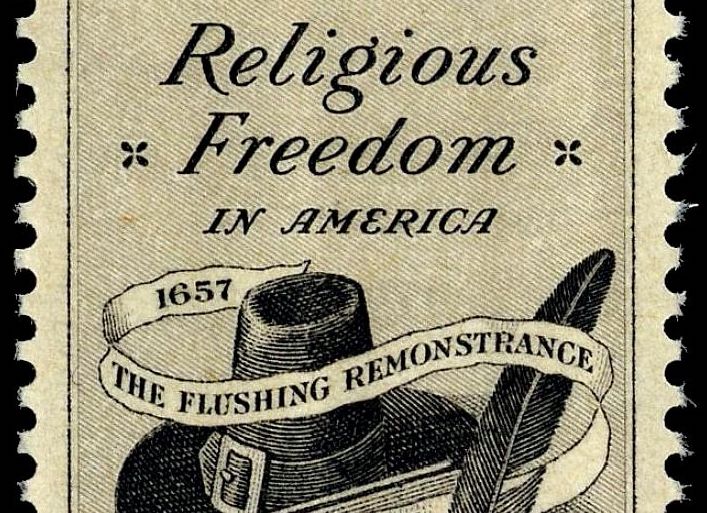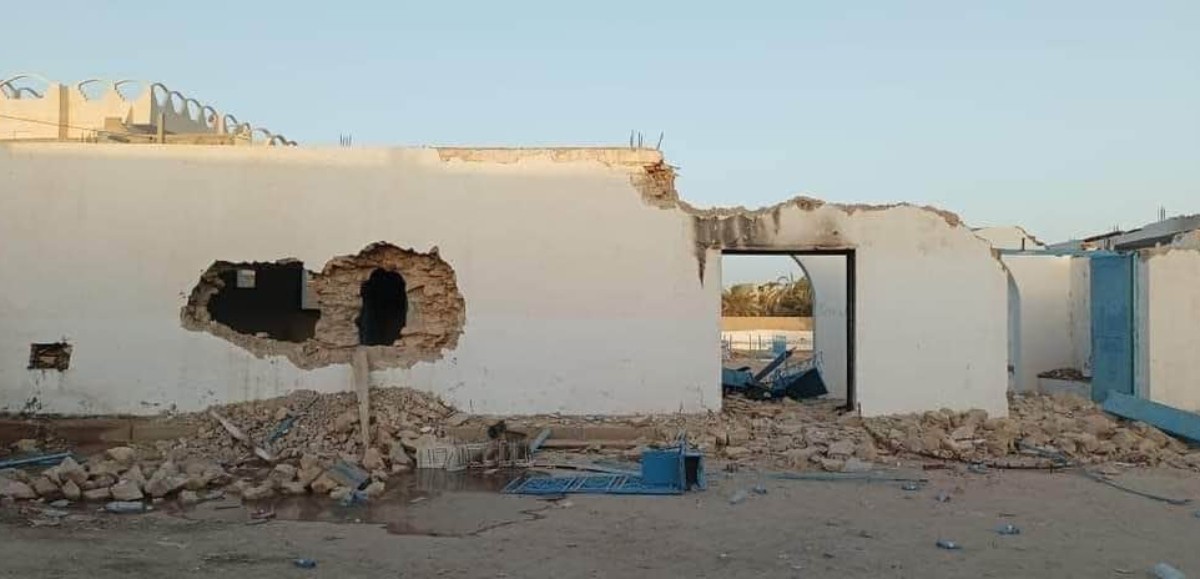
Podcast: yet further thoughts on the common toad
The digitization and literal disembodiment of every sphere of human reality advances with terrifying rapidity—from the Social Security system to the New York subway system. Rather than dropping swipe-cards and bringing back tokens, returning to what was a manifestly superior and more rational system, New York’s Metropolitan Transportation Authority moves to a still more dystopian “contactless” credit system. Similarly, rather than phasing out automobiles, our corporate overlords are now imposing driverless cars, a further step toward making the human race redundant altogether and portending the ultimate abolition of humanity. In Episode 270 of the CounterVortex podcast, Bill Weinberg continues his Spring ritual of reading the George Orwell essay “Some Thoughts on the Common Toad“—which brilliantly critiqued technological hypertrophy and articulated an imperative for humanistic revolution and scaleback of the mega-machine way back in April 1946. (Photo: Partonez via Wikimedia Commons)



